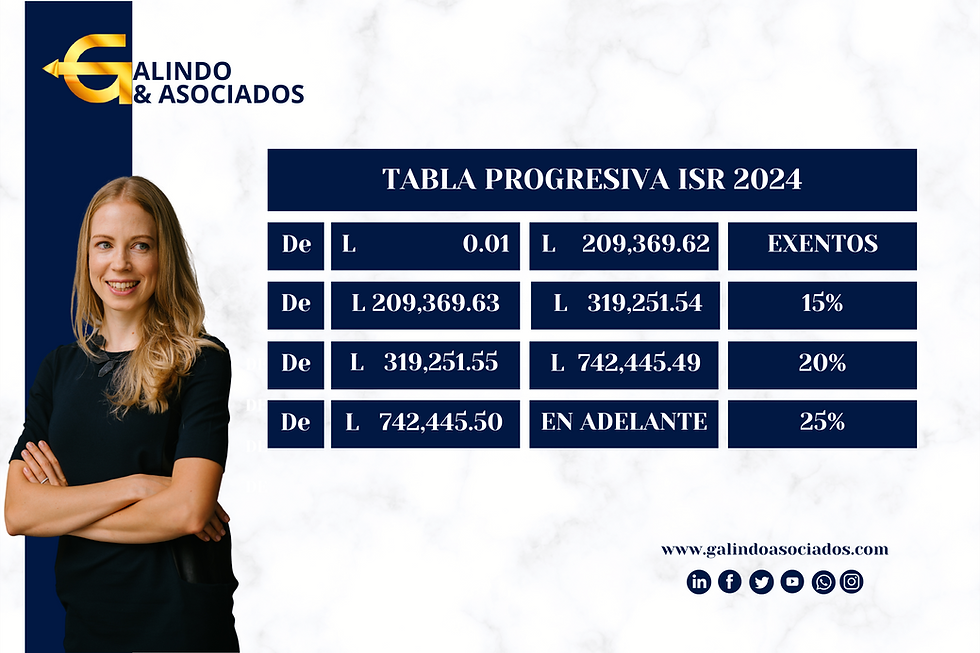Where is it Easiest to Do Business in Central America? The 2025 Global Business Complexity Index Ranking
- Galindo & Asociados

- 13 jun 2025
- 3 Min. de lectura
In today’s business environment, where efficiency and simplification are key to investment and growth, it is essential to know which countries are the most favorable to operate in. Every year, the Global Business Complexity Index (GBCI), compiled by TMF Group, provides a comprehensive view of the ease or difficulty of doing business in 79 jurisdictions worldwide.
This 2025 report brings interesting movements in Central America’s ranking. The most notable highlight: Honduras has positioned itself as the least complex country in the region to do business, making significant strides in its regulatory framework and digital processes.
📊 What Does This Index Measure?
The GBCI analyzes over 300 indicators affecting how businesses operate internationally, including accounting, fiscal, regulatory, and labor-related aspects. The higher the position in the ranking, the greater the complexity. Therefore, a lower position equals a more favorable business environment.
🔎 Central America Ranking in 2025
Here is a summary of the performance of Central American countries, comparing their current position with last year’s, and highlighting the most relevant advances or setbacks:
Country | Ranking 2025 | Ranking 2024 | Change | Key Comment |
Panama | 42 | 39 | +3 | Slight increase in complexity due to stricter regulations. |
Guatemala | 45 | 44 | +1 | Minor setback, still among the most complex. |
El Salvador | 46 | 50 | -4 | Improvement due to accounting and fiscal adjustments. |
Nicaragua | 50 | 53 | -3 | Progress with improvements in administrative efficiency. |
Costa Rica | 58 | 51 | +7 | Setback due to higher fiscal and bureaucratic demands. |
Honduras | 66 | 60 | -6 | Significant improvement, the least complex country in Central America. |
Honduras: An Improvement Worth Noting
As a Honduran, I am thrilled to see the country climb six positions in the ranking, moving from 60th to 66th place. This improvement reflects the efforts made in key areas:
Digitalization of fiscal and customs processes, such as the implementation of the "Paperless Customs" program.
Electronic platforms for tax declaration submission and regulatory compliance.
Administrative simplification, reducing time and costs for businesses.
These actions have enabled Honduras to become the most competitive country in Central America in terms of ease of doing business, even surpassing more developed economies in the region.
🧭 What Lessons Does This Ranking Leave?
This study not only allows us to see each country’s position but also invites us to reflect on the necessary reforms to improve the business climate in the region. While countries like Honduras, El Salvador, and Nicaragua show positive signs, others like Costa Rica and Guatemala may need to reconsider certain aspects to remain attractive to investors.
The GBCI 2025 delivers a clear lesson: business competitiveness does not depend solely on the size of the economy but on the willingness to simplify, digitalize, and modernize. Honduras stands as an example that, with vision and commitment, progress is possible.
From my perspective as a consultant and professional in financial and tax matters, these types of reports are key tools for strategic decision-making, both for local and foreign companies wishing to invest in Central America.
For more information on how this innovation may affect your operation or investment in Honduras, the Galindo & Asociados team the Galindo & Asociados team is at your disposal.

Carlos Galindo
Socio de Impuestos
Legal Notice: The information contained in this news blog is provided solely for informational purposes and should not be construed as legal advice on any of the topics covered. We cannot guarantee or anticipate whether the interpretations contained in this news blog may or may not be accepted by the relevant authorities. You should not act or refrain from acting based on any content included in this news blog without seeking legal or professional advice. The content of this news blog is general information and may not apply to your particular situation. We disclaim all responsibility for any actions you take or refrain from taking based on any content in this communication.










Comentarios